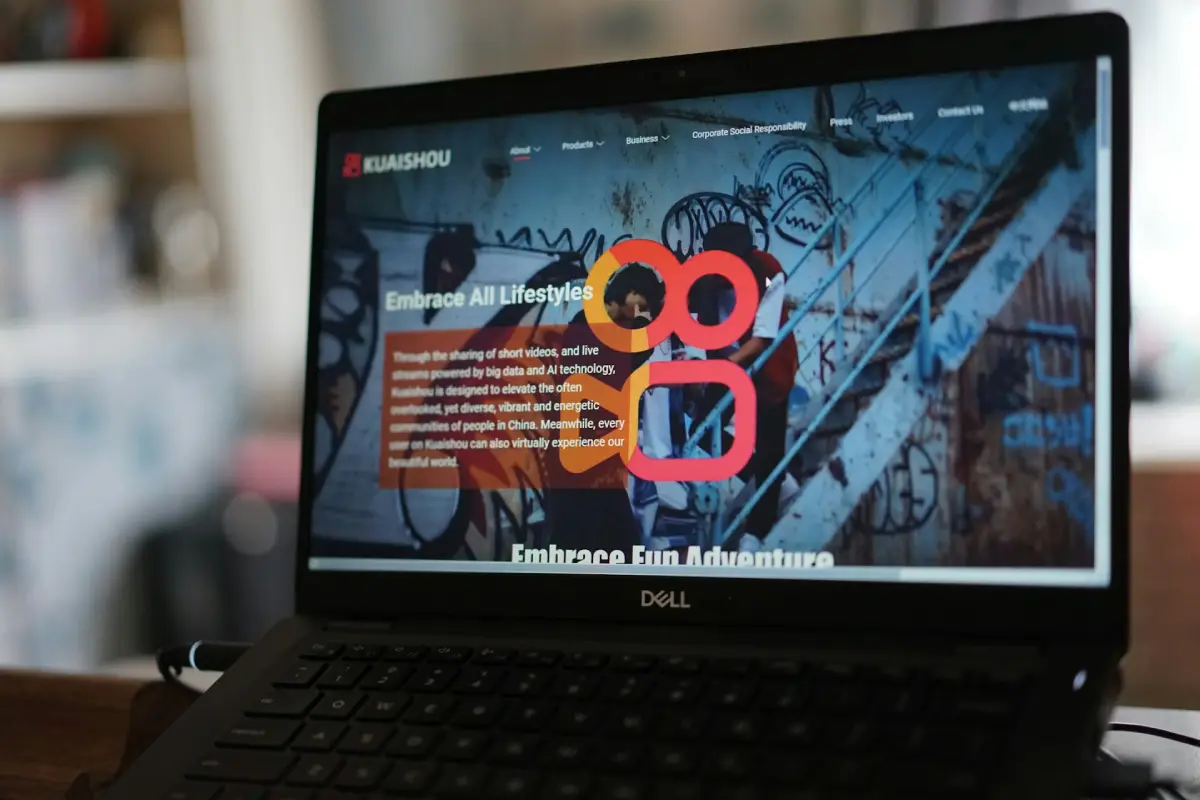In the digital landscape, website authority is more than a buzzword—it’s a defining factor in earning conversions, rankings, and trust. Authority is gained when both search engines and users recognize a site as a leading voice in its field. At the core of that recognition is the consistent delivery of robust, value-packed content.
Leading organizations have discovered that creating informative articles, guides, and visuals that educate and resonate with their audiences fosters lasting relationships with readers. Delivering foundational resources is no small feat, but with the right guidance, such as that provided by content marketing services, it becomes manageable and repeatable.
The true measure of authority isn’t based solely on popularity but rather on the ability to deliver genuine value consistently. Search engines today place a premium on helpful, in-depth resources—a trend reflected in updates to ranking algorithms and best practices across industries.
According to seasoned content strategists, durable authority is best achieved by publishing original information that truly helps the reader. Websites that prioritize resourcefulness and expertise through effective content marketing services naturally become recognized and trusted authorities, reducing reliance on paid search and external marketing.
Contents
Building Trust Through Valuable Content
Lasting trust is not built overnight, nor is it a product of hollow updates or clickbait headlines. The cornerstone of trust comes from delivering the kind of content that users return to again and again. It could be how-to resources, definitive research, or simple, straightforward answers to the most common questions in your industry. When every page, post, or tool seems focused on making the user’s experience richer or easier, it establishes a perception of authority that grows organically.
Audience-oriented content demonstrates both competency and care, two attributes that decision makers, customers, and industry peers instinctively seek. Users aren’t just searching for information; they’re searching for solutions they can implement or share with colleagues.
When a site makes the effort to address real challenges, educate readers, and remain accessible, it earns digital “word-of-mouth” and higher levels of trust. According to several consumer studies, 82% of internet users are more likely to engage and convert with a site that consistently reflects expertise in its field.
Types of Content to Establish Authority
Websites striving to build real authority should avoid a “one-size-fits-all” approach to content. Investing in diverse formats expands both reach and engagement across varied audience segments. Among the most effective are long-form guides, which provide a deep dive into nuanced or technical subjects, answering user questions before they’re even asked. These foundational posts serve as reference points not only for visitors but also for other bloggers and journalists seeking to cite authoritative voices.
- Long-form guides: These in-depth pieces educate readers while serving as “cornerstone” content, which both users and search engines love for their completeness.
- Original research and data: Sharing industry studies, survey results, or unique data not only adds credibility but also attracts citations from reputable sites—a proven way to build quality backlinks and share of voice.
- Thought leadership articles: Well-argued opinion pieces drive conversations and position the author as someone with a finger on the pulse of their field.
- Interactive and multimedia resources, such as videos, infographics, calculators, and quizzes, offer practical, easily digestible information and increase sharing rates by making information more engaging and accessible.
A balanced content mix increases site stickiness, provides resources for every stage of the user journey, and signals expertise to both end users and search engine algorithms.
Data-Driven Content Planning
Data, not guesswork, should guide decisions about what to publish. Keyword research, competitor analysis, and ongoing monitoring reveal high-potential topics and emerging industry questions. For example, using analytics to uncover user intent and seasonal trends can inform the creation of timely and relevant content. As observed in Search Engine Land’s overview of Google’s approach to authority, search engines are prioritizing factual, unique, and expertly written resources, making it essential to align content priorities with audience demand and industry trends.
Beyond discovering new topics, data tracking measures success. By reviewing user metrics—such as average session duration, engagement rates, and organic search rankings—marketers can refine their publishing schedules and adapt content length or format to maximize results. Leveraging analytical tools and user survey feedback helps keep content relevant and maintain momentum in audience growth.
Measuring Content Success Against Authority Goals
High-impact content does more than capture clicks—it shapes perception and builds momentum. To assess whether content strategies are hitting the mark, organizations should go beyond basic traffic analytics to focus on success indicators tied to website authority and credibility. For example, achieving top rankings for competitive search queries signals progress, while steady increases in quality backlinks reflect growing respect from industry peers. Other helpful metrics include dwell time, scroll depth, repeat visitors, and positive user feedback.
- Rankings for core target keywords—are you being seen for the terms that matter most?
- Quantity and quality of backlinks—Are authoritative sources referencing your content?
- User retention and engagement—Are visitors returning or exploring multiple pages?
- Shares, comments, and media mentions—are you becoming part of conversations in your field?
- Inclusions in curated industry lists or expert roundups—is your site a source others recommend?
Staying tuned to these signals and referencing trusted resources, such as Search Engine Journal’s analysis of Google’s white paper, helps marketers understand not only how content performs but also which pieces best support authority-building over time.
Expert Tips for Long-Term Content Impact
- Refresh cornerstone content at least once a year, updating statistics and improving clarity to maintain search ranking and relevance.
- Use audience feedback to generate new topics and spot knowledge gaps—turn surveys, comments, or social questions into resource guides.
- Engage your community by responding to comments and highlighting reader contributions on social media or blog posts.
- Structure internal links to connect related articles, helping readers move naturally from basic to advanced resources while enhancing SEO through contextual relevance.
These habits not only foster community but also provide multiple avenues for users and search engines to recognize your expertise.
Future Trends in Content and Authority
Content and authority are evolving together. Personalization, interactivity, and artificial intelligence are becoming increasingly important as search technologies advance. Sites that offer customized experiences—such as interactive timelines, AI-driven recommendations, and dynamic FAQs—are likely to stand out from the crowd. Adapting to these shifts requires staying alert to industry news and updates.
Regardless of how trends shift, the most resilient strategy is a commitment to authenticity, accuracy, and ongoing user education. By prioritizing helpfulness and embracing change, any site can evolve from being an information provider to a trusted source of authority that users rely on time and again.



